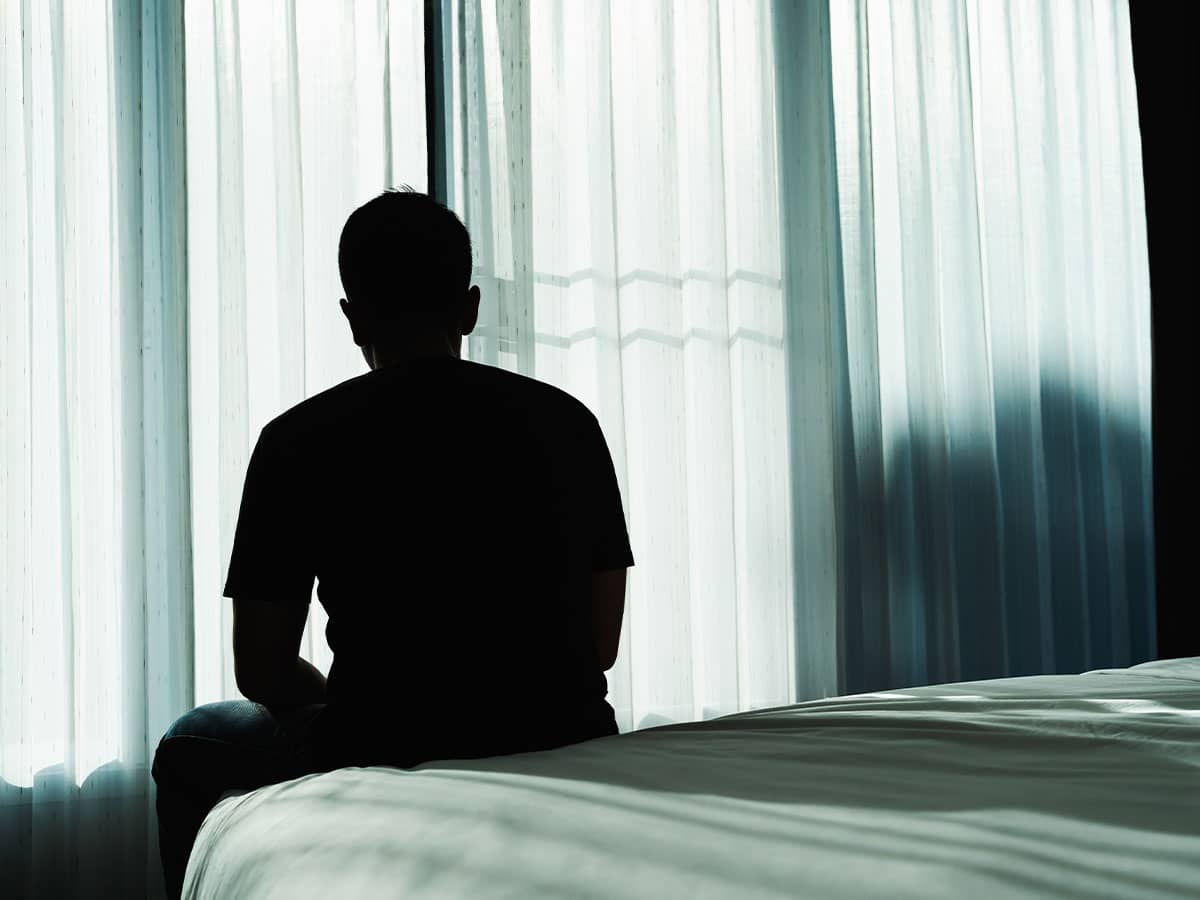
Now more than ever it is clear that emotional health is an important facet of our overall health. According to the National Alliance of Mental Health, about one in five Americans suffer from some sort of mental health issue. This translates to over 40 million adults per year. Why is emotional health so important though, and what exactly does it comprise of?
What is emotional health?
Our emotional health encompasses our thoughts, feelings, and behaviors. It is the psychological aspect of our well-being that impacts how we act and feel. It can also account for things like our decision making process, how we cope with stress, and how resilient we are when bad things happen. Research also suggests that emotional health impacts our physical health, particularly when it comes to stress responses and illnesses. An emotionally healthy person will feel good about themselves both mentally and physically, their choices, and their relationships.
Are emotional health and mental health the same?
Our emotional health and mental health are deeply intertwined, but they differ in a key way. While emotional health defines our connection to our feelings and emotions, mental health impacts our ability to process information and our surrounding circumstances. However they both play off of each other so much that they can be almost interchangeable. The ways to protect our mental health are also ways we can protect our emotional health.
Why is emotional health important?
There are a lot of reasons why our emotional health is so important for our overall health. First, our emotional health affects how we feel physically. The mind and body are connected, and many mental ailments cause stress which lowers our immune system. It can make you physically ill. Stress and anxiety can also give you the shakes, headaches, and raise your blood sugar. Over time, this affects your heart, blood vessels and muscles.
Ignoring our emotional health will affect our productivity. The World Health Organization estimates that 200 million workdays are lost each year due to depression and emotional stress. This becomes a vicious cycle, because people because more emotionally distraught as things pile up and cannot get done. It can even affect your ability to stay financially stable, get basic hygiene taken care of, and the like.
It is also important to take care of our emotional health because it helps us heal from traumas and other stressors in our lives. There is a stigma and shame associated with bad mental health, but our imperfections never mean a lack of worth. When we ignore or pretend our problems do not exist, we will never emotionally recover from them. We should take more about our emotional health and learn about it so we can move forward a strong, resilient person.
Our emotional health affects how we cope with life, and a lack of treatment can lead to hopelessness, worthlessness, feeling guilty, and loss of control. Our relationships can suffer, we lose interest in things we once enjoyed, and numb ourselves with alcohol and other vices. Taking care of our emotional health releases all that tension and stress and helps your mind see clearly once again.
What can make emotional stress worse?
Our emotional health is mainly an internal process, however outside influences can greatly alter how we feel and react. Even those with a strong emotional foundation are bound to shake at one time or another. Some events that can trigger an emotional breakdown include losing a job, changes in your love life, children moving in or out of the home, moving to a new city, or being diagnosed with an illness. These are all big life changes that are hard to navigate, so it’s important to do work beforehand to help you stay stable throughout the transition period.
How can you improve emotional health?
There are steps you can take to improve your emotional well-being every day. Small things like eating a healthy diet, getting enough sleep, taking breaks when you need to, and exercising are helpful tips. Other ways you can boost your mental health include journaling, keeping a gratitude list, opening up to friends and family, and learning coping methods. If these day to day efforts do not help, there is no shame in reaching out to a professional. They are trained for years about mental well-being and will help guide you back to health. They offer extra support when your own efforts do not cut it.
Taking care of your emotional health is necessary if you want to be a completely healthy person. Our mental health affects how we cope with life. Lack of treatment leads to hopelessness and sadness, worthlessness, feeling guilty, anxiety and worry, fear, and loss of control. So do not neglect your feelings and bottle them up inside. Do what you need to do safely express how you feel and navigate the oceans of your mind.

